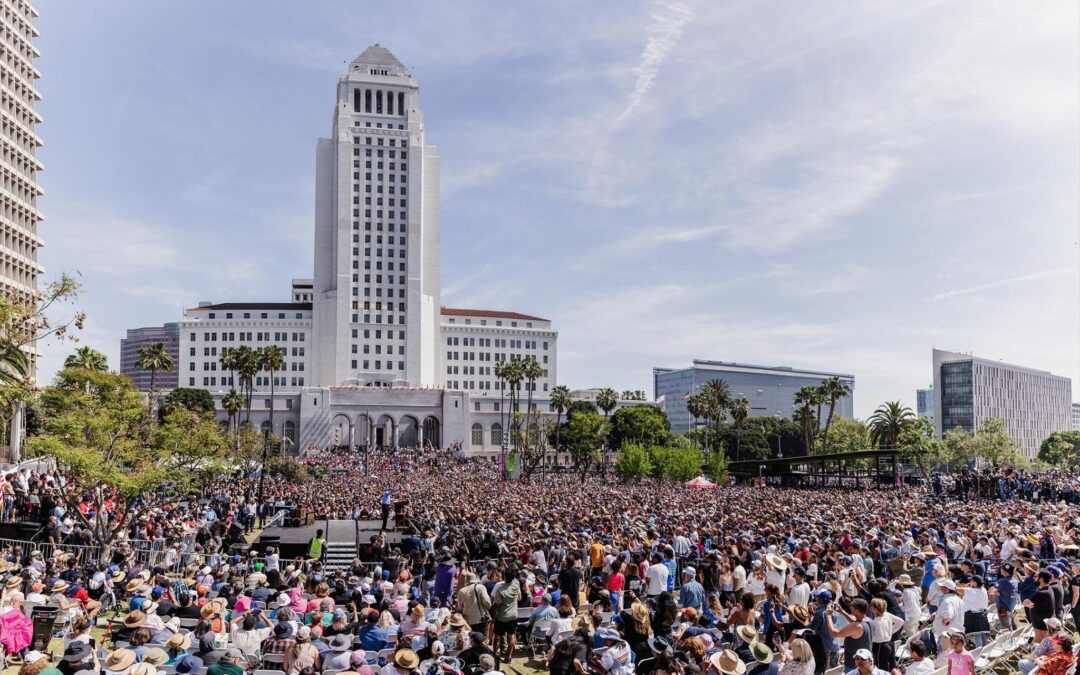
Attending a Poetry Class
Attending a Poetry Class
The writer’s life can be a lonely one—especially when you’re buried in your keyboard. It’s important to make an effort now and then to break out and connect with others. It’s become clearer in recent years just how essential social connection is for our well-being. A vibrant social life often means less stress, better health, and even a longer life. We were all cut off from society during the COVID-19 pandemic—we had no choice. That level of isolation was never healthy, and it took a long time after the pandemic to relearn how to mix with people again. I’m still seeking out opportunities to talk and connect with others.
So when I read about a poetry class happening in my area, my interest was piqued. Here’s the blurb I saw:
"Writing can sometimes feel like a solitary effort, but a reading and critique group can offer support and feedback, boost your confidence, and open new insights into your work. The class begins with a close reading of poems by contemporary poets to spark fresh ideas. Then we’ll share pieces of our own efforts and offer comments to each writer."
Even though I was quite nervous about it, I signed up. I had already written a poem that I planned to share in the class.
I was a little late to the first class, as parking had been hard to find. The other writers and Anna, the instructor, were already seated around a table. I pulled out a chair and sat down.
Then we all introduced ourselves. I noticed that, except for Anna, we were all around the same age. She was at least ten years younger. Most of the group already knew each other from previous classes with Anna. It didn’t take long for me to realize she was an excellent teacher and facilitator—warm, friendly, and genuinely good at conversation.
To start, she handed out a few contemporary poems. One of us read one aloud, and another read the next. Then she asked us questions about each poem such as:
“What did you think of the poem?”
“What is the poet saying, in your view?”
“What aspects did you like best, and why?”
We had a lively discussion about the poems, and I found it fascinating to hear everyone’s views, including Anna’s. I had to gather my own thoughts and share them with the group as well. I hadn’t read these poems before, and I discovered a new appreciation for contemporary poetry. I learned about poets I hadn’t encountered before—like Derek Sheffield, Sharon Olds, and Mike Saye. Their work had a clarity and emotional depth that impressed me. They conveyed so much in so few words. That’s the magic of poetry—something deeply inspiring.
As the saying goes, a good start is half the battle—and it was true in this case. In the second part of the class, the focus turned to us students. One by one, we read our own poems aloud and listened to the group’s feedback. Before the class, I had assumed I’d be mortified to read my poem aloud to strangers—let alone listen to them critique my precious work.
But it wasn’t like that at all. Anna was excellent at guiding the discussion, keeping everything constructive. She praised what we’d written while also gently pointing out weaknesses and problems—without making anyone feel bad. She modeled how to critique positively, and we followed suit. Anna fostered a safe, open atmosphere, and we were able to be honest with each other.
I read my poem aloud and got some incredibly helpful feedback. I revised the piece based on the input, and I’m very happy with the result. No doubt about it, I’m getting huge value from this class, and I’m glad I overcame my reluctance to join. If you ever get the chance to go out, meet people, do something together, and share—don’t hesitate. Don’t overthink it. Just go!
In that same spirit of openness, I’ll finish by sharing the poem I wrote and revised. I hope you enjoy it!
Scríobhaim
Tapping away on his old Olivetti,
Dad's keystrokes were the heartbeat of our childhood,
with silences and Tippex smells
syncopating the background music
of our mundane life rituals.
Mum fed the short breaks in her long day
with library-fueled visions
of a kinder, grander world.
Ón ithir thorthúil chruthaitheach seo,
D’fhás peann i mo lámha óga díograiseacha.
Bhínn ag scríobh, ag scríobh, ag scríobh,
go dtí gur lean foirm feidhm,
agus sa deireadh thiar thall –
nochtadh an scríbhneoir ionam.








